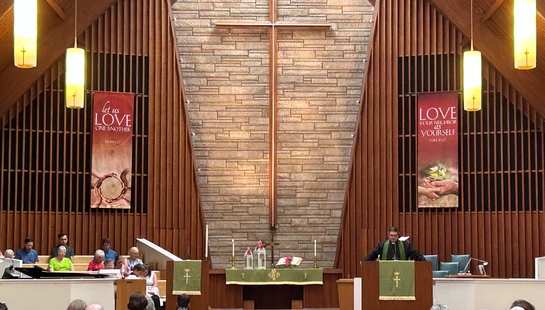Join us during Advent!
Hover over any image to stop the scroll. Click on any image to learn more about that event.
Join us Sunday!
We're looking forward to being with you!
Read Pastor Todd's Sermons
Connect With Us
Follow us on social media to stay connected with us throughout the week.






















